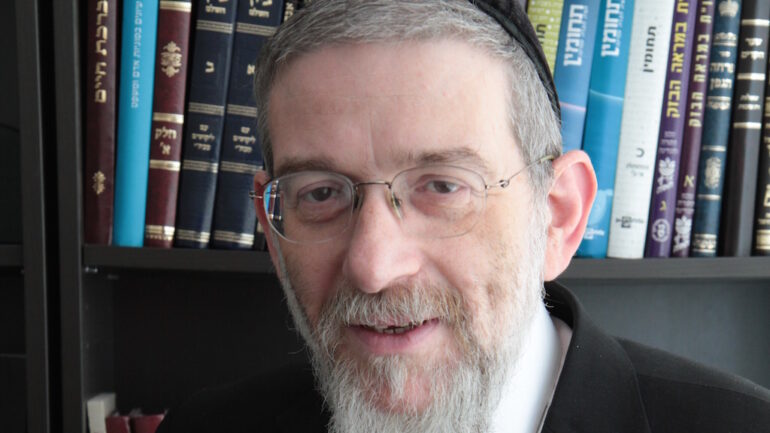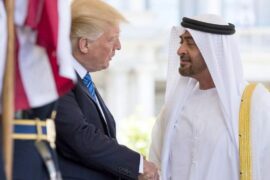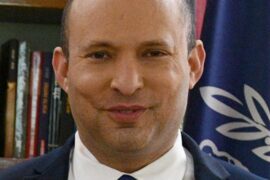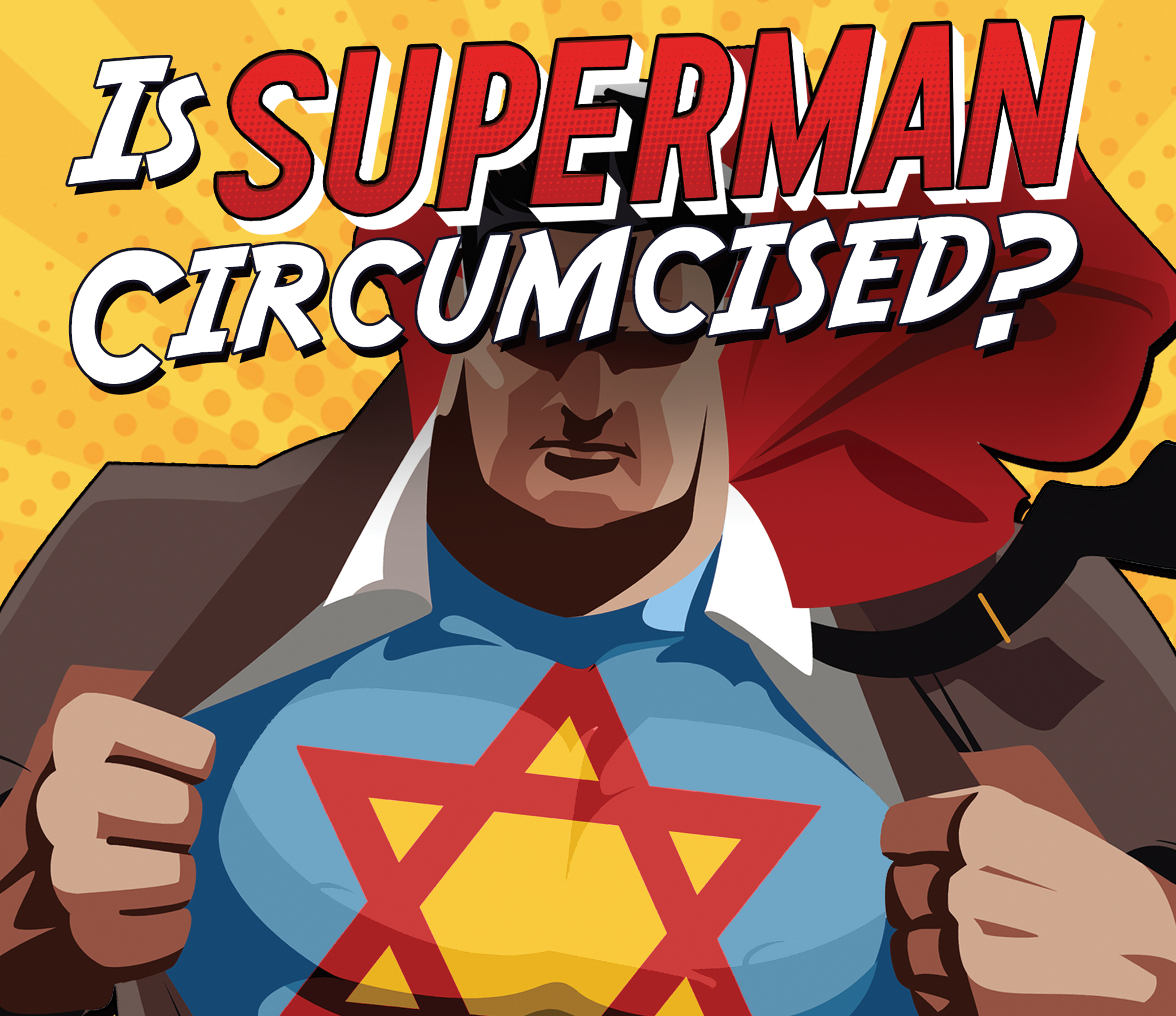Last Thursday, the Meimad movement convened a membership gathering at Jerusalem’s Bible Lands Museum aimed at reactivating the party before Israel’s next national election scheduled for 2019.
Meimad – a Hebrew language acronym for “Jewish state democratic state” – was founded 30 years ago as a liberal religious party by Rabbi Yehuda Amital, who was dean of the Har Etzion yeshiva and a minister in Prime Minister Shimon Peres’s government from 1995 to 1996. From 1999 to 2009, Meimad ran for Knesset together with the Labor Party and was represented by Norway’s Chief Rabbi Michael Melchior, who served as minister of social and Diaspora affairs.
The movement’s political support has traditionally come from a marginal group of religiously observant Israelis championing liberal Western values and the failed two-state solution. While the national-religious Bayit Yehudi faction, with its primarily West Bank Judean base, is perceived to be the most hardline nationalist partner in the current governing coalition, Meimad preaches a return to the more “moderate” Religious Zionism of the State of Israel’s early decades.
Prior to the 1967 Six-Day War, the Mafdal (National Religious Party) functioned as a junior partner and voice of cold pragmatism in every Labor-led coalition. But following Israel’s conquest of Jerusalem and the cradle of Jewish civilization, the national-religious public and its political representatives in Mafdal took on a stronger mystical-nationalist character that spearheaded the movement to build Jewish communities in the West Bank. Meimad was established two decades later to give voice to those seeking a return to the old Mafdal.
Meimad ran for Knesset between 1999 and 2006 as a junior partner to the Labor faction with the tenth spot on the party list being reserved for Rabbi Melchior. But due to Labor’s poor showing in polls leading up to the 2009 elections, Meimad was discarded.
At Thursday’s event, Meimad members noted recent trends that have encouraged them to reactivate the party and participate in upcoming elections, most notably progressive positions taken by activists from Israel’s national-religious sector. These have included activities in support of African asylum seekers, efforts to stop Israel’s government from selling arms to murderous regimes and the growing number of Judeans participating in alternative peace movements with neighboring Palestinians. In each case, organizers have cited their commitment to Torah values as motivating their activism.
But it would be a mistake to assume that these trends could translate into increased support for a movement like Meimad. Many of the Torah observant Jews involved in the progressive struggles listed are seeking to deepen the state’s Jewish identity, distance Israeli society from capitalist values and find fresh solutions for attaining Israeli-Palestinian peace.
As a movement that fully embraces Western values and stale political solutions to the conflict, Meimad has no appeal beyond those Israelis who maintain some shallow observance of ancient Jewish practices while viewing the world through the liberal paradigm of the capitalist West. While Meimad might offer valid criticism of the narrow ultra-nationalist policies of Bayit Yehudi, the alternative it presents would take Israel backwards rather of forward.
There are three major forces within the Hebrew nation that began to develop when the children of Israel returned to our land – the religious, nationalist and universalist forces, respectively manifesting as the Haredi, Zionist and Marxist camps during the British Mandate period and early decades of Israeli statehood.
Each of these camps express equally valid features of the Jewish people’s collective identity and we should aspire to create political movements that are the full expression of all three. Religious Zionism prior to 1967 failed to merge even two, creating a national-religious sector less nationalist than Labor Zionists while falling short of the Haredi commitment to Torah. But following the war, a new national-religious sector emerged that was more nationalist than Likud and surpassed the Haredi world in Torah; a successful fusion of two forces within the collective Jewish identity.
Meimad isn’t the answer, as it missed the point by seeking to dilute Jewish nationalism in order to make room for Western universalism. They aim to take Israel back to an era we’ve already outgrown and developed past. What we really need now is to move forward by merging the third universalist force into the ultra-religious/ultra-nationalist camp already fully expressing a strong commitment to Torah and Jewish national aspirations.
Most political conflicts within Israeli society come down to a competition between Jewish nationalism and Western universalism. The Bayit Yehudi party favors the former while Meimad champions the latter but both function within outdated paradigms we’re ready to move past. National-religious Jews engaged in struggles to help asylum seekers, stop Israeli weapon sales to immoral regimes and achieve peace with the Palestinians are participating in the creation of a new Hebrew Universalist ideology capable of transcending the political frictions in our society in order to birth movements that fully express the totality of our people’s identity.





